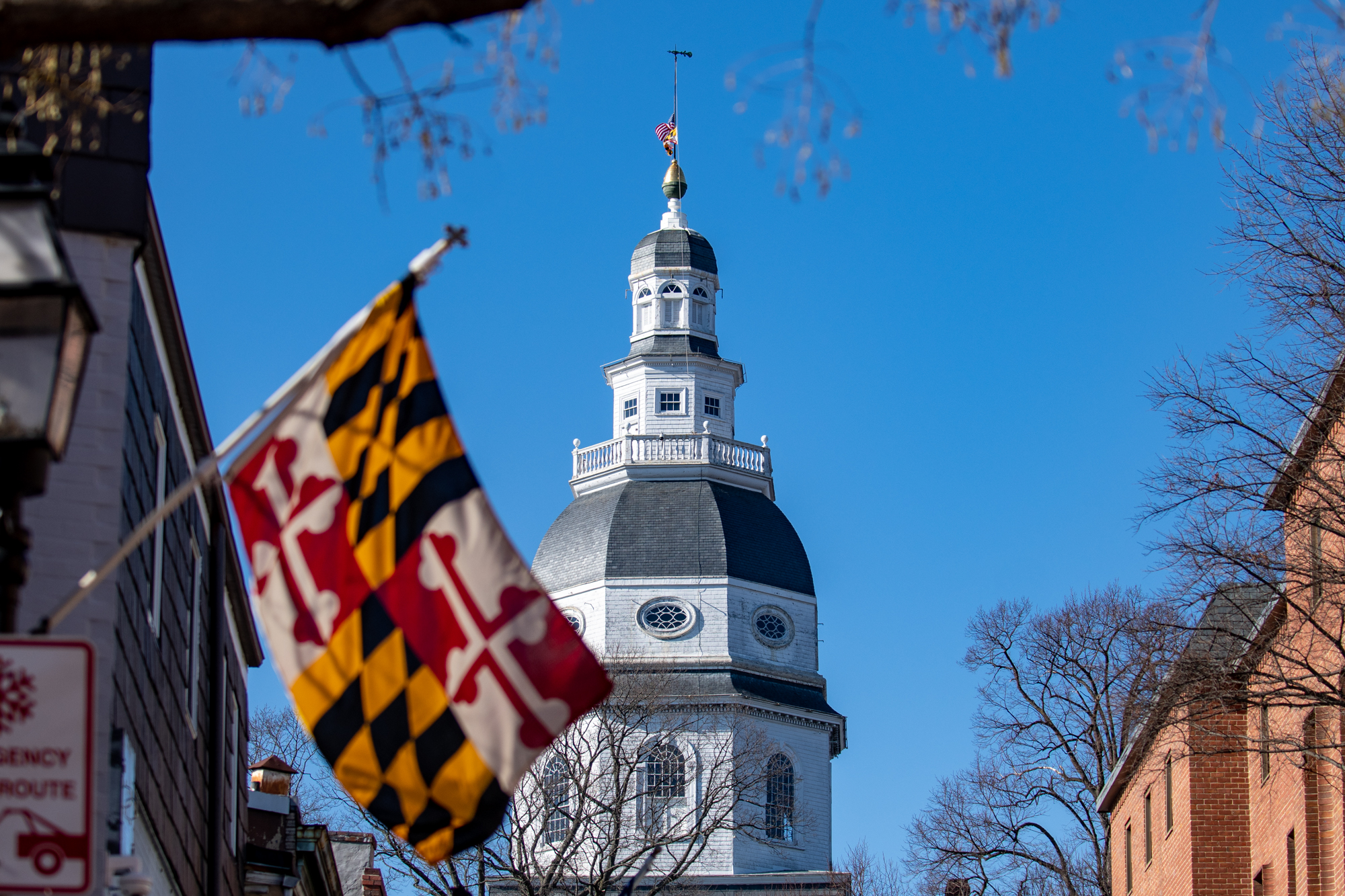Views expressed in opinion columns are the author’s own.
Former President Richard Nixon, recent socialist gubernatorial candidate Jerome Segal and I all agree on at least one idea: the benefit of a four-day workweek.
And it might soon be possible. This session, lawmakers in the Maryland General Assembly have the opportunity to pass House bill 181, or the Four-Day Workweek Act of 2023, introduced by Delegate Vaughn Stewart and Sen. Shelly Hettleman. This bill would adopt a four-day workweek pilot program, enabling the Department of Labor to offer tax incentives to both public and private employers who voluntarily shorten the workweek without salary reductions for one to two years.
Adopting this legislation could immediately increase the quality of life for participating workers, making it easier to find purpose outside of employment. And while it can’t instantly eradicate problematic American work norms, it could provide fruitful insights into whether a four-day workweek should eventually be expanded.
It’s not easy to explore hobbies or develop and maintain personal relationships when free time often feels limited to a two-day weekend. Trials of the four-day workweek have revealed that a shorter workweek helps workers take advantage of non-working hours with a negligible impact to productivity.
The average eight hours eliminated in a four-day workweek can be saved through automating frequent, basic tasks as well as minimizing pointless meetings and reducing employee burnout — rather than through eliminating any necessary work.
Although an increase in leisure time could be misconstrued as indolent, the importance of a work-life balance cannot be overstated.
With more free time, people would be able to take greater part in community-centric activities, which is especially vital given the increased isolation and loneliness many Americans have experienced since the onset of the COVID-19 pandemic. Decreased stress levels and more sleep would also have profound positive effects on Marylanders’ mental health.
The proposal could also help address the mental health epidemic among students, particularly because the structure of academic calendars is modeled around the workweek. Exploring a four-day workweek would surely spark discussion surrounding an analogous change to the school week.
Students, particularly those who also work part-time jobs to support their studies, would undoubtedly benefit from free time outside of their classes. Participating in extracurricular activities on or off campus — from writing opinion columns for the school newspaper to interning in the students’ field of study — frequently proves to be personally and professionally enriching.
Now, one single piece of legislation can’t undo the damage capitalist norms have caused. A part of the change we ought to accomplish is cultural. For instance, we must end the romanticization of working overtime and the expectation for workers to remain perpetually available outside of salaried hours.
But the legislation is an important step forward.
Maryland isn’t the first state to see a four-day workweek proposal. But if the bill passes, we would be the first to see one in action. Not only is this the right thing to do, but our state will also benefit from getting ahead of the curve on what may be an inexorable outcome.
The appeal of a shorter workweek to employees will attract high-quality talent to the state. Workers who have an abundance of employment options will be incentivized to choose Maryland businesses for the sake of fewer hours, which could engender innovation in the private sector.
The influx of jobseekers that comes with a shorter workweek will also do wonders for revitalizing and fully staffing Maryland’s government, a particularly pressing need given the 13.4 percent vacancy rate in our state agencies. It’s far from unlikely that having more than one in 10 positions open actively inhibits the effective delivery of public services.
The bill specifies that the state Department of Labor will study the impact of the pilot program as well as other implementations of a four-day workweek and publish its findings. As a result, we will be able to compare the benefits of the proposal to those of its alternatives, such as working five six-hour days.
Therefore, it would also offer empirical evidence on whether the federal government should eventually mandate a shorter workweek as it has multiple times in American history in response to labor union advocacy. The Maryland General Assembly should prioritize passage of House bill 181 before the end of this legislative session. The five-day workweek is outdated and forces us to live to work, rather than work to live — it’s time to shake things up.
Dhruvak Mirani is a freshman computer science and government and politics major. Mirani can be reached at contact@dhruvak.com.



